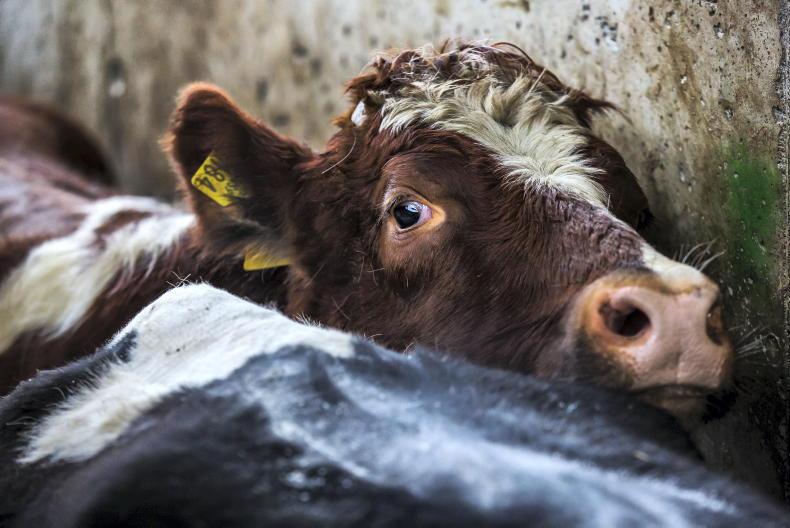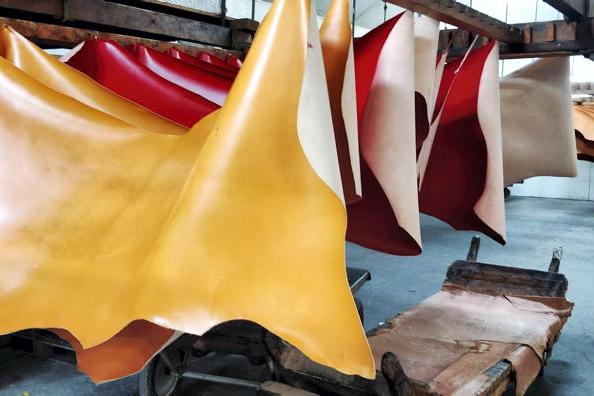The Department of Agriculture has extended its protocol for TB testing during the COVID-19 pandemic until 1 February 2021, subject to review.
TB eradication efforts have continued during the pandemic, facilitating the continuation of animal movements and the continuity of the food supply chain.
Continued concessions
Where a herd cannot be TB tested due to COVID-19 related issues, the trading status of the herd will be suspended when it becomes overdue.
However, a grace period of 28 days from the date on which the herd test becomes due will be applied before this suspension comes into effect, during which the herd can continue trading.
When the suspension is then applied, moving animals directly to slaughter is still permitted. The delay in testing due to COVID-19 related issues will not be a basis for referring the farmer for possible cross-compliance action.
If the delayed test is a Department-paid test, a delay due to COVID-19 will not be grounds for making it a farmer-paid test.
Testing calves
Calves between 42 and 120 days of age should be TB tested only where both the farmer and the vet are satisfied that social distancing can be adhered to.
If calves under 120 days are not tested, they will be eligible for movement if the herd retains its free status.
This exemption does not apply to reactor retests, or to the requirements for TB testing for export. The requirement for a 30 day pre-export TB test remains in place for calves older than 42 days of age.
Calves aged over 120 days must have passed a TB test in order to move out of the herd.
Best practice
Those involved in carrying out TB tests are asked act in accordance with the guidance of the Health Service Executive at all times.
When moving between farms, private veterinary practitioners are urged to fully and properly disinfect, including hand washing.
Read more
Farmers caught by calf TB testing
DAERA considering extra TB testing
Farmer views: proposed pre-movement testing a 'smokescreen'
The Department of Agriculture has extended its protocol for TB testing during the COVID-19 pandemic until 1 February 2021, subject to review.
TB eradication efforts have continued during the pandemic, facilitating the continuation of animal movements and the continuity of the food supply chain.
Continued concessions
Where a herd cannot be TB tested due to COVID-19 related issues, the trading status of the herd will be suspended when it becomes overdue.
However, a grace period of 28 days from the date on which the herd test becomes due will be applied before this suspension comes into effect, during which the herd can continue trading.
When the suspension is then applied, moving animals directly to slaughter is still permitted. The delay in testing due to COVID-19 related issues will not be a basis for referring the farmer for possible cross-compliance action.
If the delayed test is a Department-paid test, a delay due to COVID-19 will not be grounds for making it a farmer-paid test.
Testing calves
Calves between 42 and 120 days of age should be TB tested only where both the farmer and the vet are satisfied that social distancing can be adhered to.
If calves under 120 days are not tested, they will be eligible for movement if the herd retains its free status.
This exemption does not apply to reactor retests, or to the requirements for TB testing for export. The requirement for a 30 day pre-export TB test remains in place for calves older than 42 days of age.
Calves aged over 120 days must have passed a TB test in order to move out of the herd.
Best practice
Those involved in carrying out TB tests are asked act in accordance with the guidance of the Health Service Executive at all times.
When moving between farms, private veterinary practitioners are urged to fully and properly disinfect, including hand washing.
Read more
Farmers caught by calf TB testing
DAERA considering extra TB testing
Farmer views: proposed pre-movement testing a 'smokescreen'









SHARING OPTIONS